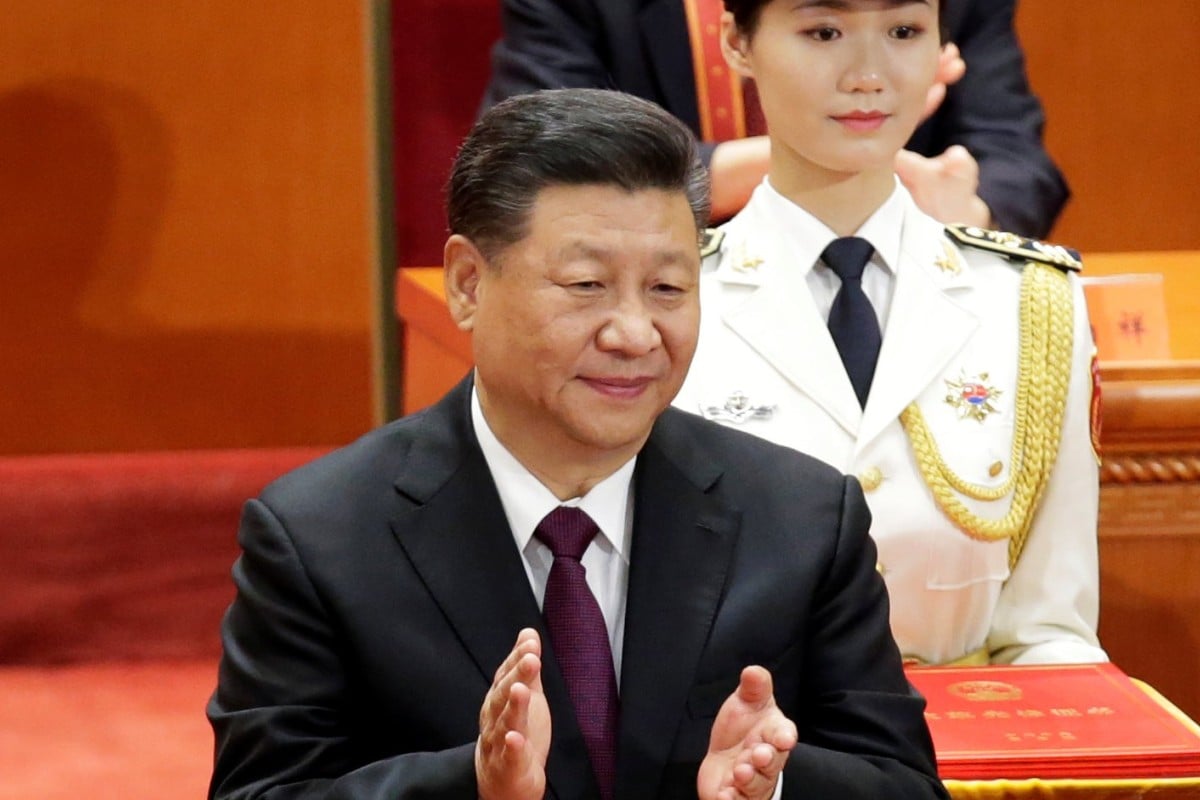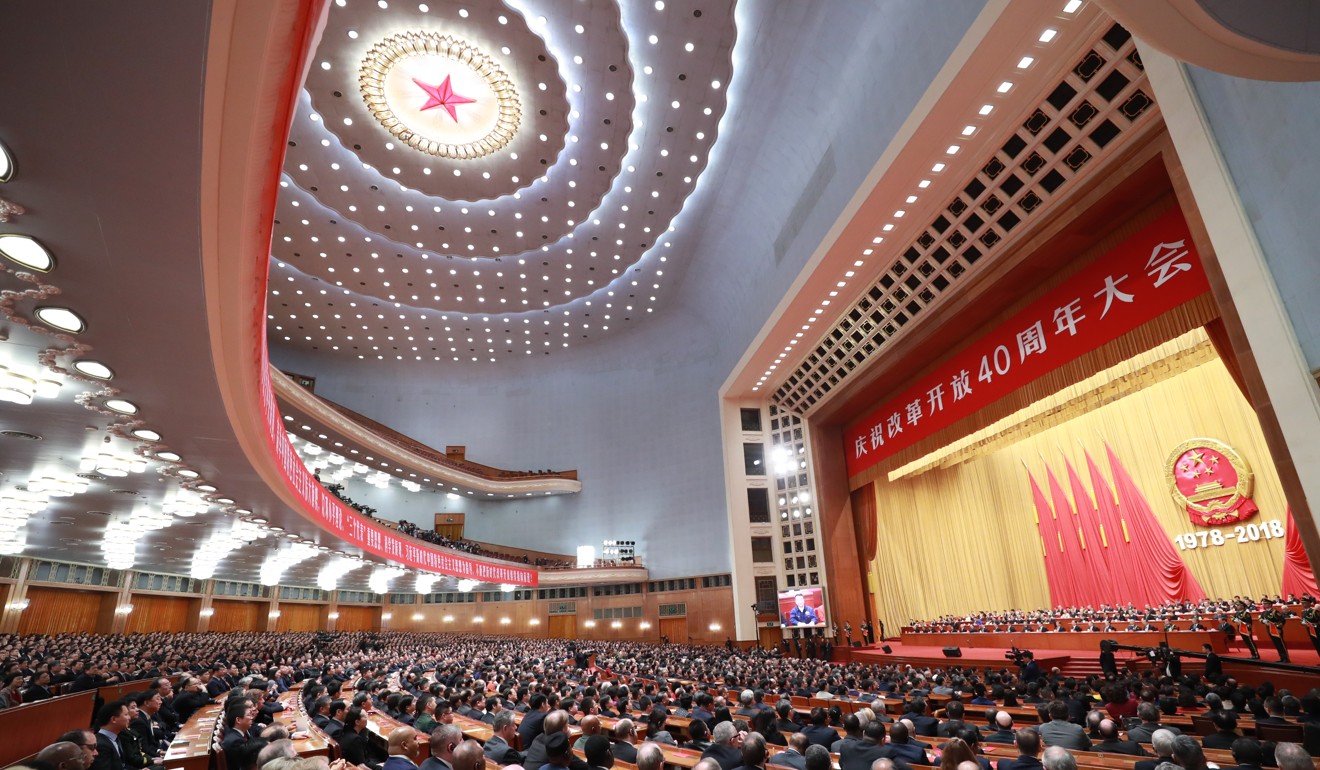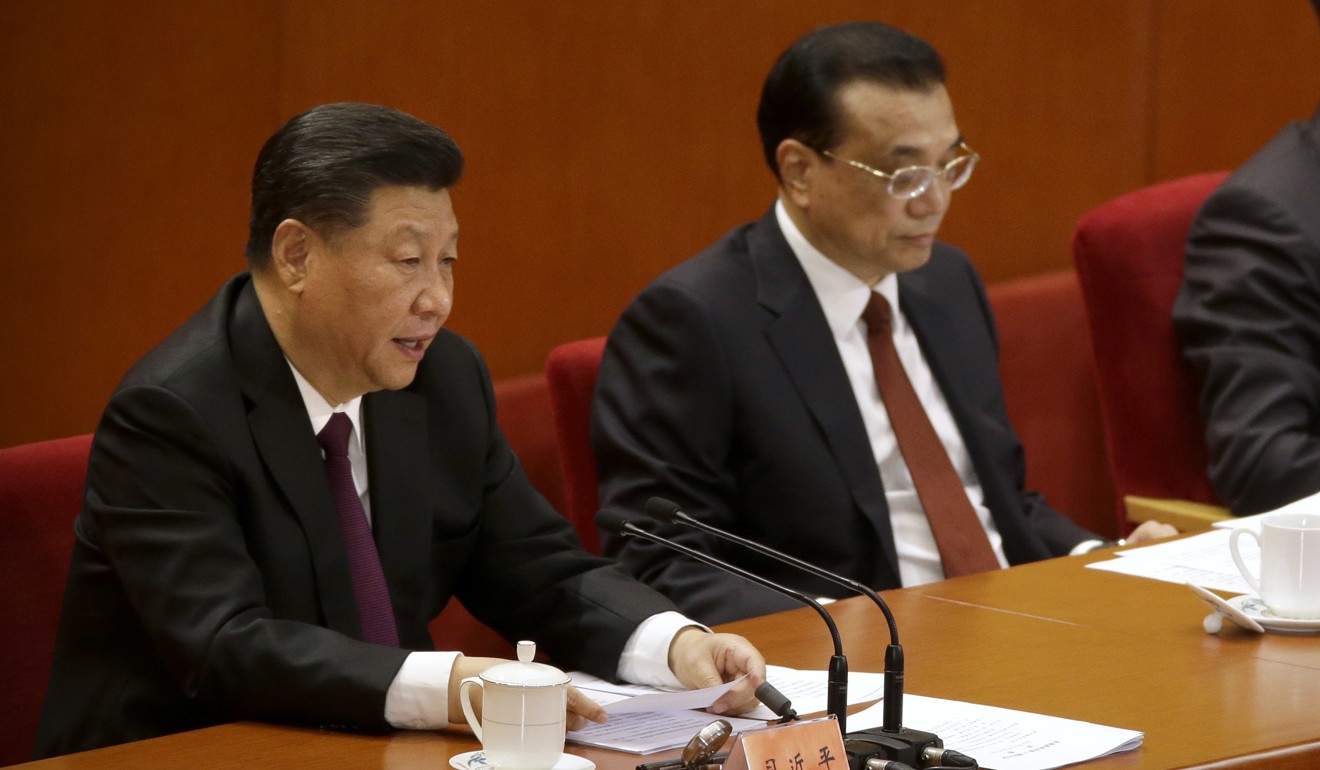China's space industry to see accelerated expansion over next 10 years
BEIJING, Nov. 4 (Xinhua) -- China's space industry will develop quickly over the next 10 years as the country pushes ahead with its space programs after its first space docking on Thursday.
Lab modules, a space station and 10 to 20 spaceships will be launched into space over the next 10 years, the Shanghai Securities News said Friday, but did not reveal its source.
The country will spend around 300 billion yuan (47.47 billion U.S. dollars) in manufacturing those craft, according to the newspaper.
There are 20 or so space voyages being planned in China, the newspaper reported, citing
Wu Ping, spokeswoman of China's manned space program. The spaceflights will shore up demand for spacecraft manufacturing and launch services.
Space infrastructure has been included as one of China's strategic new industries which the government plans to foster over the next five years.
China started its three-stage manned space program in 1992.
In the first stage the country sent the astronaut,
Yang Liwei, into space as part of the
Shenzhou-5 mission in 2003. It was the first time for China to send a person into space.
Also as part of the initial stage, two astronauts conducted extravehicular activities during the Shenzhou-7 mission in 2008.
Now during the second stage China is focusing on space docking.
It achieved its first space docking in wee hours of Thursday when Tiangong-1 and Shenzhou-8 connected in space.
The next significant events will be the launching of Shenzhou-9 and -10, and one of the missions will be manned.
China will complete the second stage after it establishes its own space lab around 2016, Wu said.
In the third stage, China plans to develop and launch multiple space modules, with a goal of assembling a 60-tonne manned space station in 2020.
"The successful docking means China will enter a phase of massive production of spacecraft. The space economy is about to take off," according to Dongxing Securities.
Chinese Space Program

The succesful launching of the
Shenzhou V, the Divine Vessel, on 15 October 2003, with
taikonaut Yang Liwei on board, marked a giant leap forward in the Chinese space program that saw its origins in the 1960s. With this result, China joined the club of space-travelling nations that previously had been limited to the
United States and the Soviet Union/Russian Federation. A previous Chinese
launching 
, in 1970, had already brought a satellite into orbit that endlessly broadcast
Dongfang hong (东方红, The East is Red), not the national anthem, but probably one of the best known Chinese tunes, eulogizing Mao Zedong. The success of this mission was solely ascribed to the genius of
Mao Zedong Thought, which had guided the scientists and workers. In reality,
Qian Xuesen (1911-2009), a rocket engineer formerly attached to the Jet Propulsion Lab in Pasadena, California, U.S., who had been expelled in the 1950s for suspected Communist sympathies, designed China's first missiles, earning him the accolade of being the father of the space program.

In the early 1970s, the Chinese space program was brought to a halt as a result of the political turmoil of the
Cultural Revolution. After
Deng Xiaoping returned to power in the later 1970s, the program was revived in the 1980s. Clearly, the
military industrial complex also benefitted greatly from this development, thus enabling the
People's Liberation Army to demonstrate how well it responded to the political demands to modernize. Space also appealed to the popular imagination, as can be seen from the relatively abundant use of space-related imagery in posters published in the 1980s and 1990s.

Our past, present and future, 1987

Under
Jiang Zemin, however, the program, now named the 921 project, really took off in the 1990s. Successes in space exploration are very much seen as results of the CCP's support for advanced scientific projects that is part and parcel of his theory, the "
Three Represents". The Party has appropriated the space mission rather as another justification for its continued rule, and attempts to use it even further to fan
patriotism. In this patriotic discourse, space activities are another indication that demonstrate that China has shaken off the humiliation it has suffered in the past at the hands of the Western imperialist powers and is becoming a nation once more to be reckoned with.

Continue the struggle to realize the basic strategy and the historic duty of the Party, 2002
Moreover, space exploration and scientific research in general are part of the Party strategy to combat specific religious behavior that it sees and terms as superstition. Even in materials aimed at
Falun Gong adherents, space imagery has been used in an attempt to bring them back into the fold.

Uphold science, eradicate superstition, 1999
Aside from the numerous benefits for the CCP's legitimacy, military developments and further space exploration, it stands to reason that the
Shenzhou-mission will be exploited endlessly for propaganda purposes. Colonel Yang, for example, immediately was turned into an instant hero. According to media reports, 10.2 million sets of commemorative stamps have been issued. Unfortunately, no commemorative posters seem to have been published! In their absence, I reproduce some earlier artists' impressions of Chinese space travel below.

A garden in outer space, 1985

Aside from the political use of the space mission, its success really has struck a chord with the people. They feel proud and consider China's joining of the space family as another indication that the country is regaining some of the splendor and importance it had during its imperial past. As a result, a number of Chinese companies have included the Chinese conquest of space in their printed and television advertising.
Jianlibao, a sports drink, already featured a Chinese
taikonaut walking on the moon in one of its television commercials broadcast in early 2003.

On 12 October 2005, China launched its second manned spacecraft, the
Shenzhou VI, for a multi-manned, multi-day mission. Colonels Fei Junlong (mission commander) and Nie Haisheng (mission operator) embarked on a flight scheduled to take three to five days, during which they will undertake a number of scientific experiments. The launch is part of a more encompassing space program that includes space walks, the docking of a capsule with a space module and the launch of a permanent space lab. Moreover, in 2006, China started with the selection of women astronauts.

Warmly welcome the visit to Hong Kong of the nation's first taikonaut Yang Liwei and representatives from the manned space flight program, 2003
Sources:
Leonard David,
Shenzhou Secrets: China Prepares for First Human Spaceflight 
Matthew Forney, "Great Leap Skyward",
Time Asia, vol. 162, n. 12 (29 September 2003
China Opens 'Space' Post Office on Docked Spacecraft
by Robert Z. Pearlman, collectSPACE.com Editor
 |
Video still showing China's Shenzhou 8 spacecraft docked with the Tiangong 1 lab module on Nov. 3, 2011.
CREDIT: China Central Television
|
China opened a new post office Thursday (Nov. 3) with a street address that is 213 miles (343 km) above the Earth.
Coinciding with the country achieving its first ever docking in space between the unmanned Shenzhou 8 spacecraft and Tiangong-1 space lab module, the "
China Post Space Office" opened for business both on the ground in Beijing Aerospace City and, at least virtually, on board the newly established orbital complex.
Located on the ground near China's mission control, the Beijing Aerospace Command and Control Center (BACC), the new space post office even has its own zip code that extends into orbit: 901001.
Like any postal facility, the office will process letters and, in this case, e-mails, making it possible for the public to write Chinese astronauts, or "taikonauts," on the ground and in space. The space post office will offer domestic and international delivery as well as philatelic products, with more services expected to be introduced as China's aerospace industry eventually expands.
Yang Liwei, who in 2003 became China's first taikonaut in space, will serve as the post office's honorary chief.
A partnership between the China Post Group Corporation and the China Manned Space Engineering (CMSE) Office, the post office will also sell philatelic collectibles depicting China's major events in space. Among the first souvenirs offered are cancelled envelopes, or "covers," celebrating the Shenzhou 8 and Tiangong 1 docking complete with a commemorative postmark. [
Photos From China's 1st Space Docking Mission]
China's postal service has issued other commemoratives for its country's previous space accomplishment but not through a dedicated "space" post office.
Shenzhou 8, which launched on Oct. 31 EDT, caught up with and docked at the
Tiangong 1 space lab module on Nov. 2 EDT. The two unpiloted spacecraft will remain linked for 12 days before the Shenzhou detaches, backs away, and then approaches again. After the second demonstration of docking techniques, Shenzhou 8 will return to Earth.
In addition to demonstrating docking, Shenzhou 8 is also flying space life science experiments for both China and Germany.
The first docking established China as the third nation to achieve such a space feat with spacecraft designed to carry astronauts, after the United States and Russia. The orbital hookup marked a step forward toward China's plans to deploy a manned space station by 2020.
Russia has
operated a makeshift post office on its space stations since the 1970s and continues to operate such a service on the International Space Station.
The Russian space office consists primarily of a postmark device that is only used in space. Cosmonauts use the ink stamp to mark letters and postcards as having flown in orbit, but also use it to mark other space souvenirs including crew notebooks, equipment and patches.
Follow collectSPACE on Facebook and Twitter @collectSPACE and editor Robert Pearlman @robertpearlman. Copyright 2011 collectSPACE.com. All rights reserved.
Newscribe : get free news in real time
Related previous posts:












